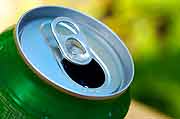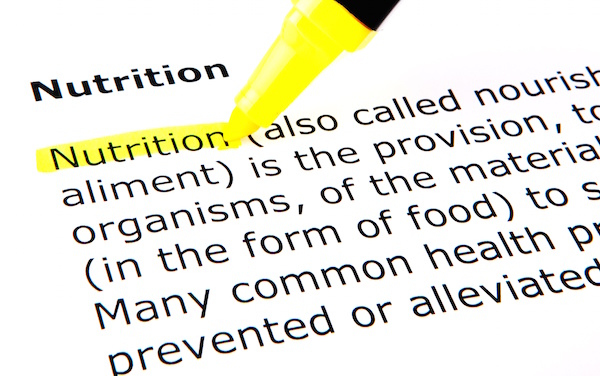
TUESDAY, July 21, 2015 (HealthDay News) — Whether you are slim or obese, if you drink lots of sugary soda or other sweetened drinks you are more likely to develop type 2 diabetes, a new analysis reveals.
Until now, health experts have thought that sugary drinks and type 2 diabetes are linked because sugar promotes weight gain, and body fat contributes to insulin resistance, which precedes diabetes.
But this new study removed weight as a factor, and still found that every daily serving of sugar-sweetened beverages increases any person’s risk of type 2 diabetes by 13 percent over 10 years.
If this is correct, sugary drinks could lead to 2 million new cases of type 2 diabetes in the United States between 2010 and 2020, the researchers reported in the July 22 online edition of the BMJ.
Type 2 diabetes disrupts the way your body converts sugar from food into fuel, and it causes serious problems if left untreated. About 29 million Americans have diabetes, most of them type 2, the American Diabetes Association says. Many are undiagnosed.
A 12-ounce can of Coca-Cola contains 39 grams of sugar, the equivalent of 9.75 teaspoons of sugar.
That much refined sugar consumed at once causes a spike in blood sugar, which over time can increase insulin resistance even in people who are at normal weight, said lead author Fumiaki Imamura, a senior investigator with the MRC Epidemiology Unit at University of Cambridge School of Clinical Medicine in England.
“Our body is able to handle it, but cumulative effects over time exhaust the body’s functions and lead to the onset of diabetes,” said Imamura.
These conclusions are based on data from 17 previous observational studies, which researchers combined to create a pool of just over 38,200 people.
Because these weren’t clinical trials, the findings cannot be read as proving a direct link between sugary drinks and type 2 diabetes, the American Beverage Association noted in a statement.
“Even so, our industry is committed to being part of real solutions to public health challenges,” according to the beverage industry statement. “We are helping people manage their calorie and sugar intake by providing a wide range of beverage options, a variety of package sizes and clear, easy-to-read information to help them make the choice that’s right for them.”
Under a new initiative called Balance Calories, members of the American Beverage Association are working toward a common goal of reducing beverage calories in the American diet by 20 percent by 2025, according to the statement.
In the study, researchers found that a daily serving of sugary beverage increased type 2 diabetes risk by 18 percent over a decade, without taking weight into account.
However, after accounting for weight, type 2 diabetes risk associated with sugary drinks only dropped to 13 percent.
About one in five people with type 2 diabetes has a healthy weight, and these findings could help explain why, said Toby Smithson, a registered dietitian and certified diabetes educator with Livongo Health in Chicago, a health technology company that focuses on management of chronic conditions.
“If you can picture an IV of sugar going into your system, that’s what we call a ‘concentrated sweet,’ and that’s what happens when you consume something loaded with sugar,” said Smithson, who also is a spokeswoman for the Academy of Nutrition and Dietetics. “That concentration can spike blood glucose levels, regardless of your weight.”
Another theory holds that high levels of dietary sugar could affect the “healthy” microbial colonies in your gut, altering digestion in some way that increases risk of type 2 diabetes, said Dr. Steven Smith, an endocrinologist with the Mayo Clinic in Rochester, Minn.
The new study also found an association between type 2 diabetes and artificially sweetened beverages or fruit juices. But the associations with diet sodas and fruit juices appeared to be based on shakier evidence, and because of that the authors decided to avoid drawing any firm conclusions regarding those beverages.
Nonetheless, the researchers said they could not recommend diet drinks or fruit juices as healthier options than sugary sodas.
More information
For more on diabetes, visit the U.S. National Diabetes Education Program.
Copyright © 2026 HealthDay. All rights reserved.

